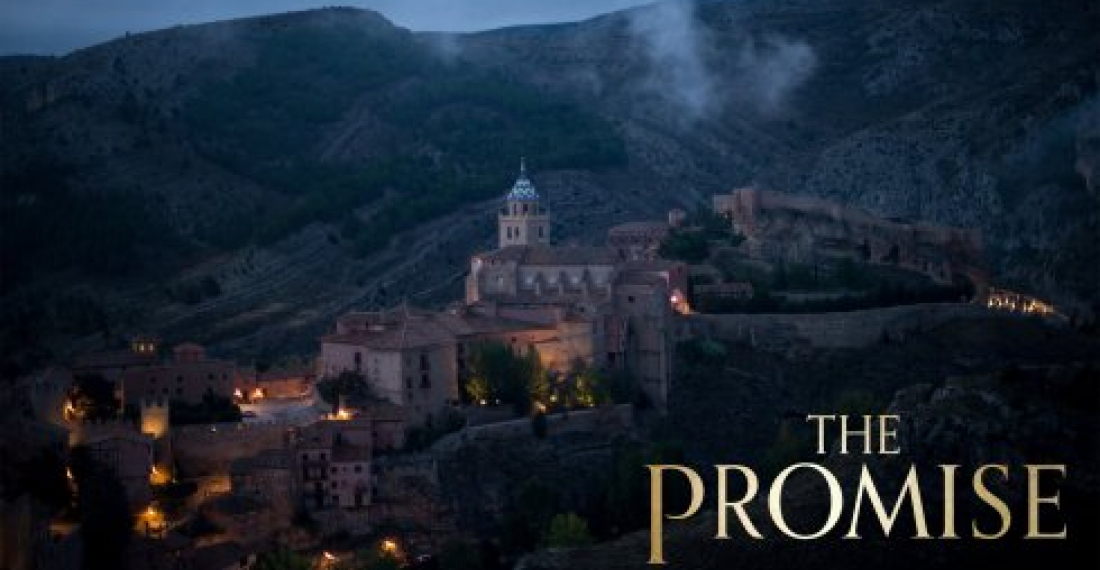A new film premiered at the recent Toronto International Film Festival promises to take the debate about the Armenian genocide into a new dimension. historical drama directed by Terry George and starring Christian Bale and Oscar Isaac. The film was financed by the Armenian-American billionaire Kirk Kerkorian who died last year. Several Turkish columnists have already dismissed the film as propaganda, but writing in the newspaper Millyet, Ali Eyuboglu says the film may become a real problem for Turkey.
In the plot of the film. Michael lives in a small Armenian village in historic Armenia, on the eastern part of the Ottoman Turkish Empire, and he promises himself to a rich village woman to get 400 gold coins as dowry. This allows him to travel to the city known then and now to Armenians by its historical name, Constantinople, to become a medical student where he befriends a son of a powerful general. Christopher (Christian Bale) is a reporter for the Associated Press and he brings along Ana, an Armenian women raised in Paris. Michael falls in love with Ana. The Ottoman Empire starts to round up Armenians, initiating the Armenian Genocide. Michael is able to escape by avoiding enlistment in the army under a medical student exemption with the help of his friend. However, he is later sent to prison camps after trying to save his wealthy uncle who has been imprisoned. Michael escape the camps, and makes it back to his village. He goes to the mountain cabin with his wife, where she soon becomes pregnant. However, due to the difficult pregnancy his wife is brought back to the village. Michael hears that Ana and Christopher (AP Reporter) are in a nearby Red Cross facility and he goes there to help his family escape. While heading back to his village to help them escape, the Ottomans massacre his family and the whole village. His mother survives. Michael and Ana and a large group of refugees fight off the Ottoman army on a mountain and escape on the back side to the coast as the French Navy comes to their rescue. Michael, Christopher, and Ana try helping the refugees onto the French boats. Ana proclaims her love for Michael, but drowns on the boat ride to the French ship. Michael and his niece survive with other orphans refugees and settle in America. It is then mentioned that Christopher died while covering the Spanish Civil War and that he was instrumental in getting American visas for Michael, his niece, and the refugees.
Watch the official trailer on YouTube






